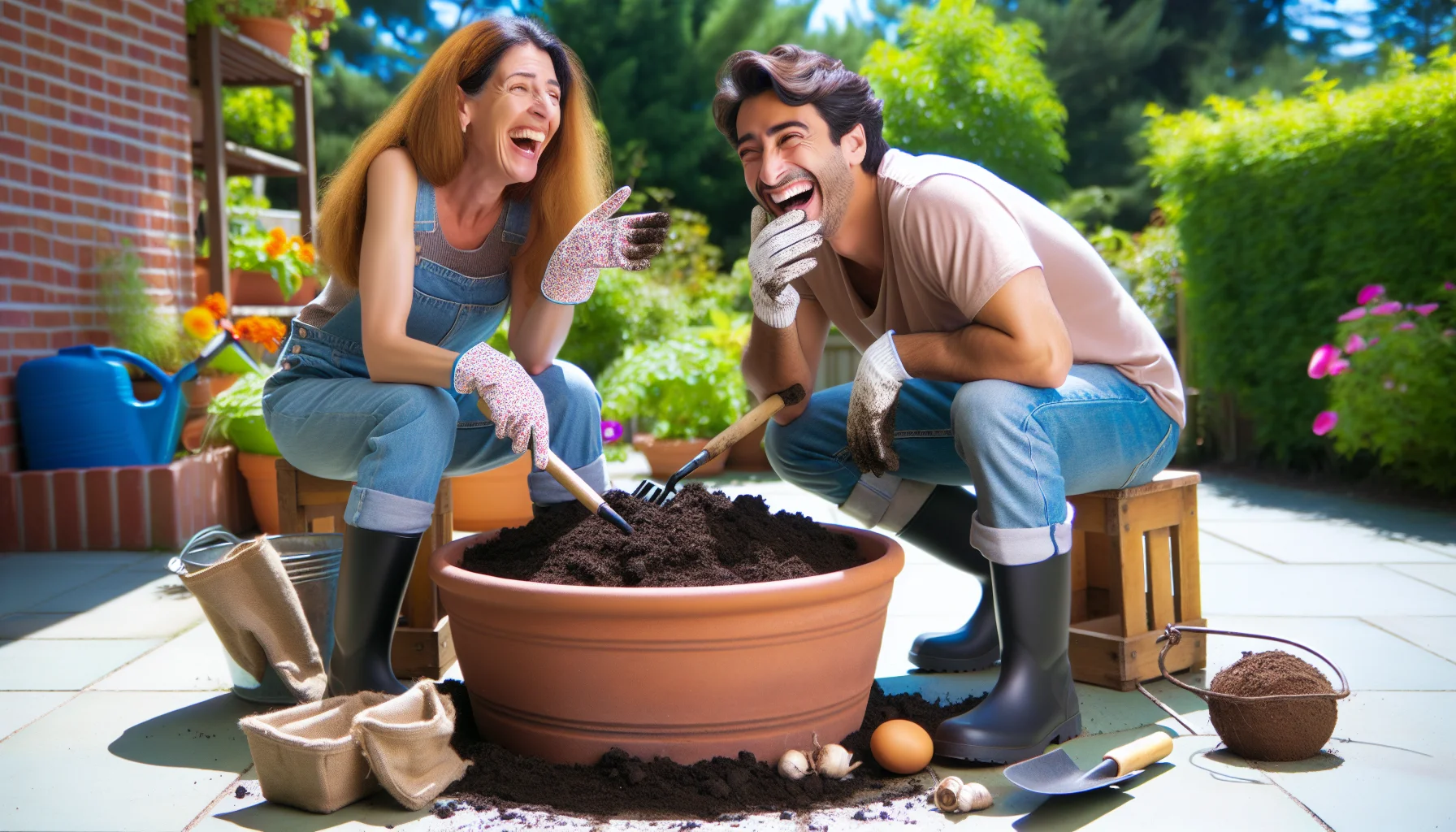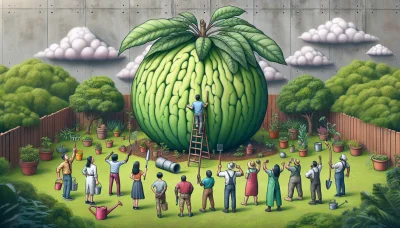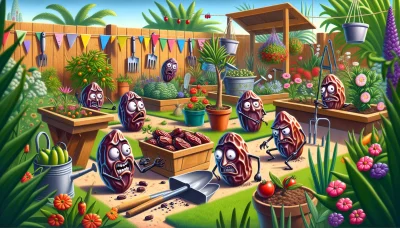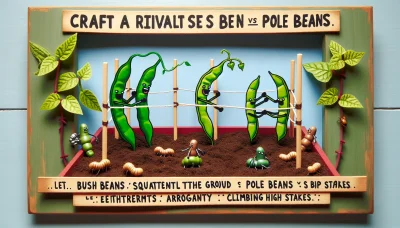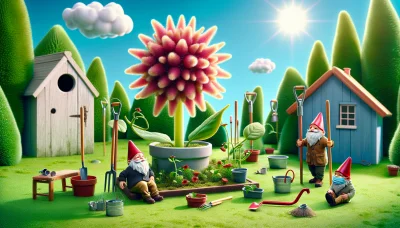How to make garden soil Quiz
Test Your Knowledge
Question of
How to Make Garden Soil: A Beginner's Guide
Quality garden soil is the cornerstone of healthy plant growth. It provides plants with the essential nutrients, air, and water they need to thrive. Good soil also has the right pH balance and structure to support root development and encourage beneficial microbial activity. Without a solid foundation of healthy soil, plants can struggle to grow, making it harder for them to resist pests and diseases. Understanding how to create and maintain quality garden soil is crucial for any gardener looking to cultivate a vibrant and productive garden.
Understanding Soil Types
Soil is a complex ecosystem that plays a crucial role in plant growth. Its composition determines how well plants can absorb water, nutrients, and air. There are several types of soil, including clay, sandy, silty, peaty, chalky, and loamy. Clay soil retains moisture well but can be hard for roots to penetrate. Sandy soil, on the other hand, drains quickly but doesn't hold nutrients well. Silty soil is fertile and retains water better, making it ideal for most plants. Peaty soil is rich in organic matter and excellent for moisture retention, but it can be too acidic for some plants. Chalky soil can be problematic due to its alkalinity and poor moisture retention. Loamy soil, a balanced mix of sand, silt, and clay, is considered the best for plant growth as it retains moisture and nutrients effectively while allowing for good drainage and aeration. Understanding the type of soil in your garden is essential for selecting the right plants and ensuring their healthy growth.
Ingredients for the Perfect Garden Soil
- Compost
- Sand
- Peat Moss
Step-by-Step Guide to Making Garden Soil
Creating the perfect garden soil is crucial for the health and growth of your plants. Follow these steps to mix a nutrient-rich soil that will support your garden throughout the growing season.
- Test your soil to determine its current condition and what it may need.
- Remove any weeds, rocks, or debris from the area.
- Add organic matter such as compost, well-rotted manure, or leaf mold to improve soil structure and fertility.
- Mix in amendments based on your soil test results to balance pH and nutrient levels. This could include lime to raise pH or sulfur to lower it, and specific fertilizers for nutrient deficiencies.
- Turn the soil well to a depth of at least 12 inches to ensure thorough mixing and aeration.
- Incorporate a layer of topsoil if your existing soil is very poor or you're starting a new garden bed.
- Water the soil lightly to help settle everything and initiate microbial activity.
- Cover with mulch to help retain moisture, suppress weeds, and further enrich the soil as it breaks down.
Adjusting pH Levels in Your Soil
The pH level of your soil is a critical factor in the health and growth of your plants. It affects the soil's microbial activity and the availability of nutrients to plants. A pH that is too high or too low can lead to nutrient deficiencies, impacting plant growth and health. Adjusting the pH levels of your soil ensures that your plants can absorb the maximum amount of nutrients available in the soil.
| Amendment | To Increase pH | To Decrease pH |
|---|---|---|
| Lime | Yes | No |
| Sulfur | No | Yes |
| Wood Ash | Yes | No |
| Aluminum Sulfate | No | Yes |
| Iron Sulfate | No | Yes |
Maintaining Your Garden Soil
Ongoing maintenance of your garden soil is crucial for the health and productivity of your plants. One key practice is mulching, which involves covering the soil with organic materials such as leaves, straw, or wood chips. Mulching helps to retain soil moisture, suppress weeds, and improve soil quality as the organic material breaks down over time. Additionally, regular testing of your soil is important to understand its nutrient content and pH level. This information can guide you in making necessary adjustments through the addition of soil amendments, ensuring your garden remains a thriving environment for your plants.
Common Mistakes to Avoid
When preparing and maintaining their garden soil, gardeners often fall into a few common traps that can hinder plant growth. One typical error is overwatering, which can lead to root rot and other fungal diseases, depriving the plants of the oxygen they need to thrive. Another oversight is neglecting the soil's pH balance. Different plants require different pH levels to absorb nutrients effectively. Ignoring this balance can lead to nutrient deficiencies, affecting plant health and yield.
